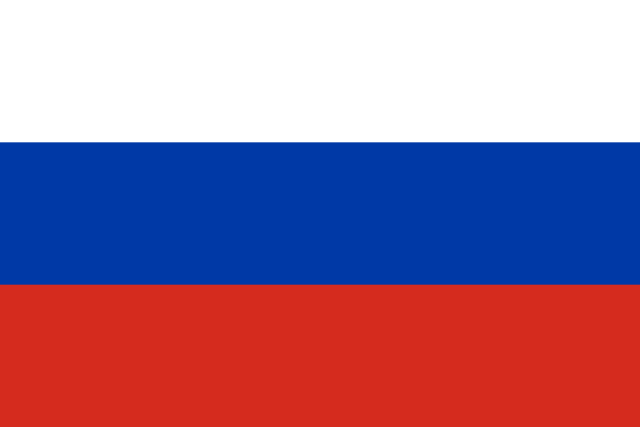Part 1 of 2 Parts
On February 21st of this year, Russian President Vladimir Putin said that Russia will suspend its participation in a key nuclear arms treaty current in forces with the U.S. Many nuclear experts called the move concerning for the world. Putin has repeatedly threatened the use of tactical nuclear weapons in Ukraine and strategic nuclear weapons against members of NATO who are helping Ukraine. This certainly increases discussions of nuclear proliferation.
Putin gave a speech to the Russian parliament shortly before the first anniversary of Russia’s invasion of Ukraine. He said that Russia would not officially withdraw but would suspend its participation in the New START treaty with the U.S. This agreement limited the two nation’s strategic nuclear arsenals. Putin accused the U.S. of attempts to strike Russian strategic air bases but offered no evidence. He said, “I am forced to announce today that Russia is suspending its participation in the strategic offensive arms treaty.”
The New START treaty is a key component of nuclear arms control between the U.S. and Russia. Together the two nations hold almost ninety percent of the world’s thirteen thousand nuclear warheads. Not only is each arsenal big enough to destroy the other nation but each could cause the destruction human civilization. The 2010 New Start treaty succeeded the 1991 Strategic Arms Reduction Treaty between the Soviet Union and the U.S. The treaty is supposed to extend to Feb. 4, 2026.
Mary Ellen O’Connell is a professor of law and a research professor of international dispute resolution at the Kroc Institute for International Peace Studies at the University of Notre Dame. She recently told a reporter that the suspension is different in substance than a withdrawal. She added that “If Russia withdrew, the treaty would be terminated, and a new treaty would need to be negotiated. A new treaty would also need to be submitted to the U.S. Senate for approval by a two-thirds vote. This is not necessary in the case of suspension. The treaty can be reactivated as soon as Russia ends the suspension. However, the U.S. has the right to terminate the treaty on the basis that the suspension is a material breach.”
O’Connell said that the Nuclear Non-Proliferation is an important component of preventing nuclear war but is separate from the New START agreement. She went on to say that “All the declared nuclear weapons states are party to the NPT. It alone pledges the parties to eventually eliminate their nuclear arsenals. The five declared states have taken no serious steps toward elimination of these weapons of mass destruction.”
Five nations are officially recognized as part of the Nuclear Non-Proliferation Treaty. They are China, France, Russia, the United Kingdom, and the U.S. O’Connell added that in “the midst of fears that Russia might use a nuclear weapon against Ukraine, the time to take seriously the treaty obligation to eliminate nuclear weapons, as we have with chemical and biological weapons, is long past due.”
Please read Part 2 next
Nuclear Weapons 812 – Russia Announces That It Is Suspending Participating In The New START Treaty With The U.S – Part 1 of 2 Parts

Written by
in
